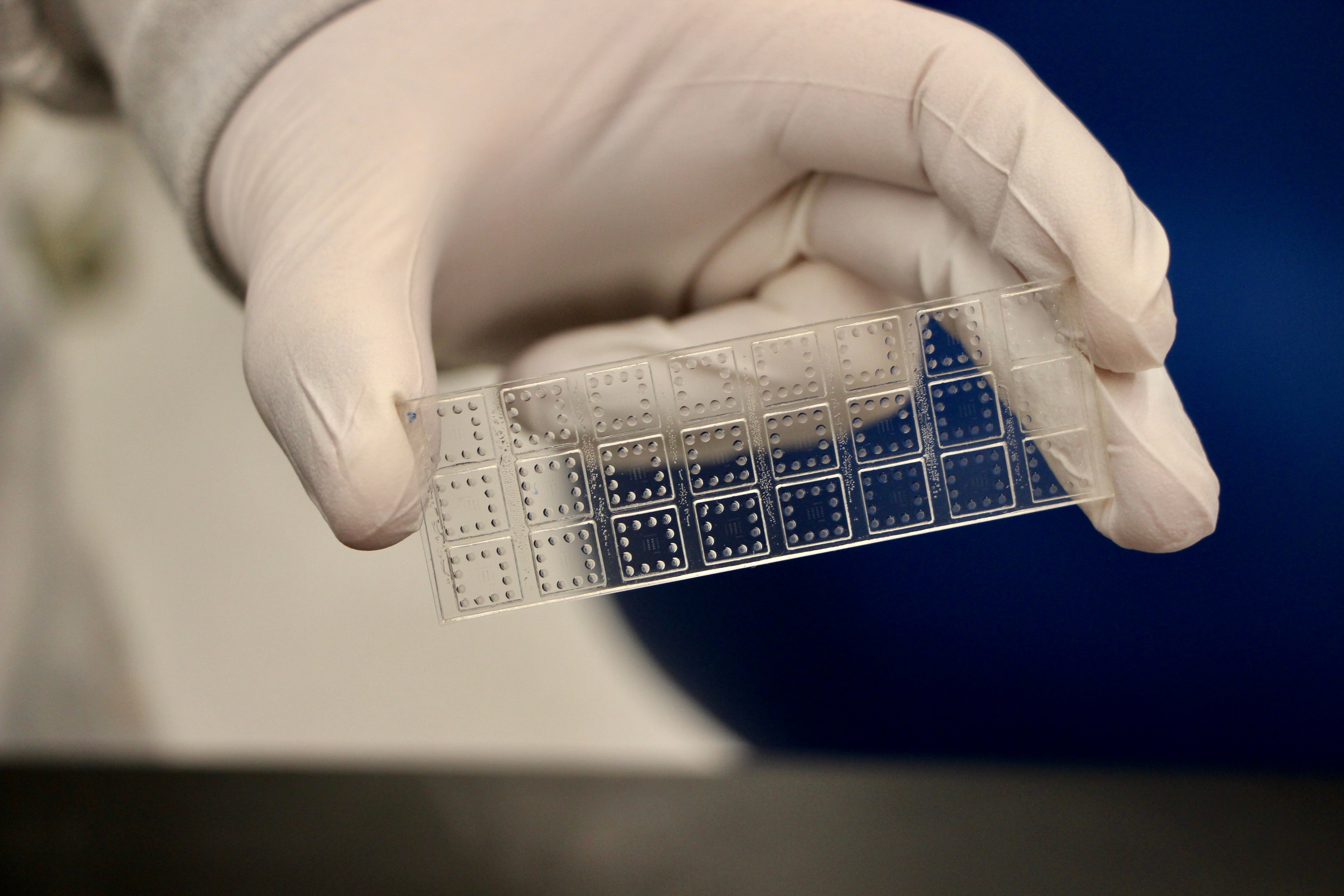Rapid test ‘identifies antibody effectiveness against Covid variants’
Scientists say the test could potentially tell doctors how protected a patient is from new variants and those currently circulating in a community.

Your support helps us to tell the story
From reproductive rights to climate change to Big Tech, The Independent is on the ground when the story is developing. Whether it's investigating the financials of Elon Musk's pro-Trump PAC or producing our latest documentary, 'The A Word', which shines a light on the American women fighting for reproductive rights, we know how important it is to parse out the facts from the messaging.
At such a critical moment in US history, we need reporters on the ground. Your donation allows us to keep sending journalists to speak to both sides of the story.
The Independent is trusted by Americans across the entire political spectrum. And unlike many other quality news outlets, we choose not to lock Americans out of our reporting and analysis with paywalls. We believe quality journalism should be available to everyone, paid for by those who can afford it.
Your support makes all the difference.Researchers have created a rapid test that they say can identify antibody effectiveness against Covid-19 variants.
The test can quickly and easily assess how well someone’s antibodies fight infection from multiple variants of coronavirus, such as Delta and the newly discovered Omicron variant, a new study suggests.
Scientists say the test could potentially tell doctors how protected a patient is from new variants and those currently circulating in a community.
It could also help doctors identify which monoclonal antibodies to treat a Covid patient with.
Cameron Wolfe, associate professor of medicine at the Duke University School of Medicine, in the US, said: “We currently really have no rapid way of assessing variants, neither their presence in an individual nor the ability of antibodies we possess to make a difference.
“It’s one of the lingering fears that, as we successfully vaccinate more and more people, a variant may emerge that more radically evades vaccine-induced antibody neutralisation.
“And if that fear came true, if Omicron turned out to be a worst-case scenario, how would we know quickly enough?”
It only took us a week or two to incorporate the Delta variant in our test, and it could easily be expanded to also include the Omicron variant
While developing a test for coronavirus antibodies and biomarkers, the researchers realised there could be some benefit to being able to detect the ability of antibodies to neutralise specific variants.
They built a test around this idea.
Ashutosh Chilkoti, Alan L Kaganov distinguished professor and chairman of biomedical engineering at Duke, said: “It only took us a week or two to incorporate the Delta variant in our test, and it could easily be expanded to also include the Omicron variant.
“All we need is the spike protein of this variant, which many groups across the world, including our group at Duke, are feverishly working to produce.”
The test is called the Covid-19 Variant Spike-ACE2-Competitive Antibody Neutralisation assay, or CoVariant-SCAN for short.
The test hinges on a polymer brush coating that acts as a sort of non-stick coating to stop anything but the desired biomarkers from attaching to the test slide when wet.
Researchers say this non-stick shield is very effective and makes the test incredibly sensitive to even low levels of its targets.
The approach allows researchers to print different molecular traps on different areas of the slide to catch multiple biomarkers at once.
Fluorescent human ACE2 proteins – the cellular targets of the virus’s spike protein – are printed on a slide.
Spike proteins specific to each variant of Covid-19 are also printed at different specific locations.
When the test is run, the ACE2 proteins detach from the slide and are caught by the spike proteins still attached to the slide, causing the slide to glow.
In the presence of neutralising antibodies, the spike proteins cannot grab onto the ACE2 proteins, making the slide glow less, and indicating the effectiveness of the antibodies.
By printing different variants of the Covid-19 spike protein on different portions of the slide, researchers can see how effective the antibodies are at preventing each variant from latching on to their human cellular target simultaneously.
The technology was tested in a number of different ways, with researchers trying monoclonal antibodies either derived from real-life patients or from Regeneron’s commercial prophylactic treatment.
They also tested plasma taken from healthy vaccinated people and those currently infected with the virus.
While they produce similar results, the main difference between the CoVariant-SCAN and current methods is the speed and ease with which it can produce results.
Typical current approaches require isolating live virus and culturing cells, which can take 24 hours or more and requires a wide variety of safety precautions and specially trained technicians.
While the CoVariant-SCAN does not require live virus, it is easy to use in most settings and takes less than an hour, potentially just 15 minutes, to produce accurate results, the researchers say.
The findings are published in the journal Science Advances.